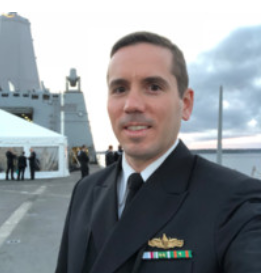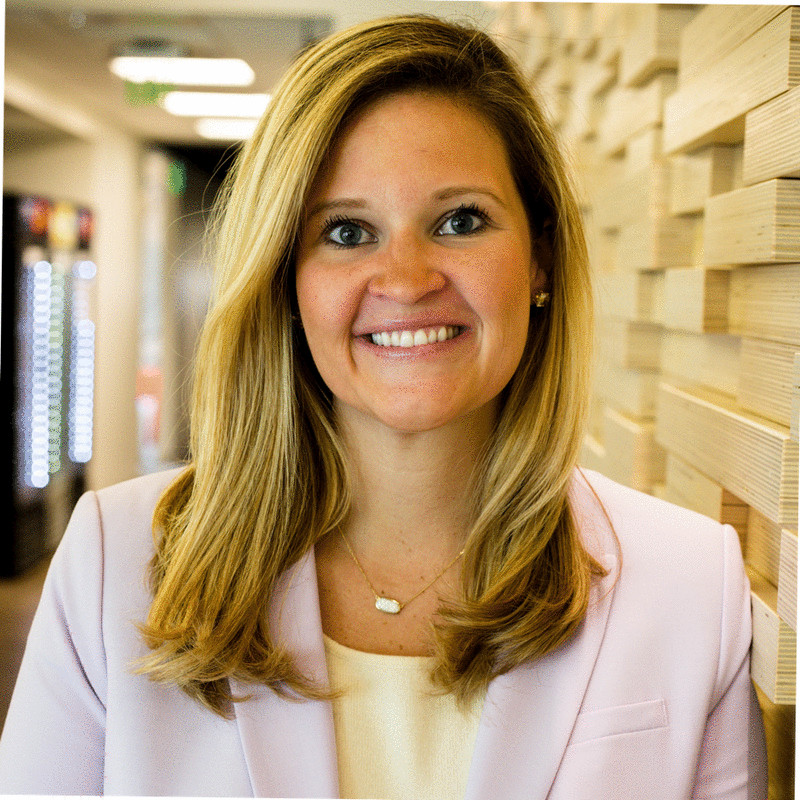Name: Declan Foley
Class Year: 2015
Title: High School Counselor; Track and Rugby Coach
Organization Name: St. John’s Preparatory School (Danvers, MA)
1. In one sentence, what does your job entail?
I support students both with navigating their adolescent worlds and realizing growth by intentionally getting to know the individual over four years across life-related, academic, and college application domains.
2. What planned and unplanned events connected you to your industry and your first employer after Holy Cross? How did you learn/decide it was a good fit for you?
After senior year of Holy Cross, I attended Boston College for two years of grad school, and through networking found my first counseling job which I did for one year before going to my current position (also counseling). It was one flavor of personal relationship that got me in the door to education (something I never thought I’d do), and it was realizing that I loved fostering intentional relationships that have since kept me there. Though I knew I wanted to generally go into something psych-related, I didn’t know what, certainly not education, and it was the first year of work where I 1) learned an incredible amount and 2) realized this was one way of fulfilling the insatiable feeling of ‘wanting to serve others.’
3. What were you involved in when you were on campus?
Many good things with even better people! I spent a good amount of time in SPUD, ending my HC tenure as a SPUD Intern with Marty Kelly’s guidance. I was on the SGA Senate, played rugby my freshman year, conducted psychology research with Prof. Richard Schmidt, and was the Alpha Sigma Nu President among other things. That said, I treasure most the moments spent with my friends, from Cool Beans coffee trips to the average night’s hang in Carlin 216.
4. What was your major and how did it affect your career decisions?
Knowing I wanted to ‘help people’ (like so many of us!), but not really knowing how to aim toward that end, I ended up being a double major in Psychology and Sociology. This was, in my mind, the perfect complimentary conversation between two disciplines that interrogate the human experience in ostensibly different ways. Emerging from HC, I knew I wanted to commit to grad school to focus this interest, but what actually informed my career decision the most was retroactively looking back on what kind of involvement fulfilled me over my time at HC (i.e – mentoring experiences), and finding a position that centered on the ability to be in right relationship with others.
5. What are one or two skills that you developed at Holy Cross that you use in your work?
It may sound corny, but the Liberal Arts knack for encouraging thought from diverse perspectives, as well as the emphasis on what you should give attention to stands out when I need to address a novel situation that requires quickly and succinctly coming to a conclusion involving many stakeholders. Additionally, the Jesuit concept of presupposition – where you assume the very best and most charitable interpretation of someone’s message / perspective – affords the ability to remain patient, humble, and understanding of others’ opinions in efforts to find a compromise, critical in counseling.
6. What advice do you have for students on campus today?
When it comes to career discernment, it’s a simultaneously simple and yet wildly complicated Jesuit concept: find what you are good at, what brings you joy or fulfillment, and consider how you can serve the world with this joy. Honestly, even more important in the short-term, when it comes to life on the Hill, make the most of spending time with the people you love and care about and don’t ever let that fall to the wayside, because it’s those memories that are the ones you’ll cherish and remember when you come home from that fulfilling job, looking for energy.











